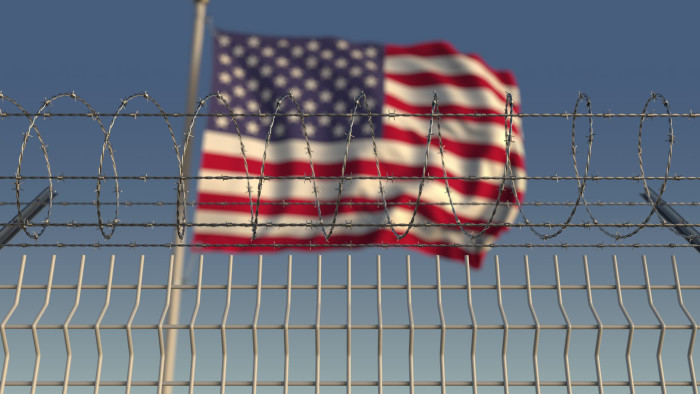
For people who have been arrested, the immediate hours spent in police custody are a time of extreme vulnerability. As recent documentaries, including Making a Murderer and When They See Us have exposed, most people in police custody in the US have limited, if any, communication with the outside world, at a time when ill-treatment, coercive questioning, and other rights violations are most likely to occur, and when criminal proceedings are set into motion.
Arrested people in the US are almost never able to access counsel until, at the earliest, the first court hearing. Until then, they are subject to the unchecked power of the police. When individuals in custody attempt to invoke their legal rights to counsel, they report facing hostility from police. But by the time an arrested person accesses counsel, key decisions about charge, detention, diversion and dismissal have already been made by authorities, and the machinery of the criminal legal system has already irrevocably begun to grind.
This brief shows how involving defense lawyers earlier can not only provide oversight over arrest, custody and detention but can also have a transformative effect on the entire criminal legal system. Early access to counsel has the potential to disrupt the machinery of criminalization, mass incarceration, and police control.


